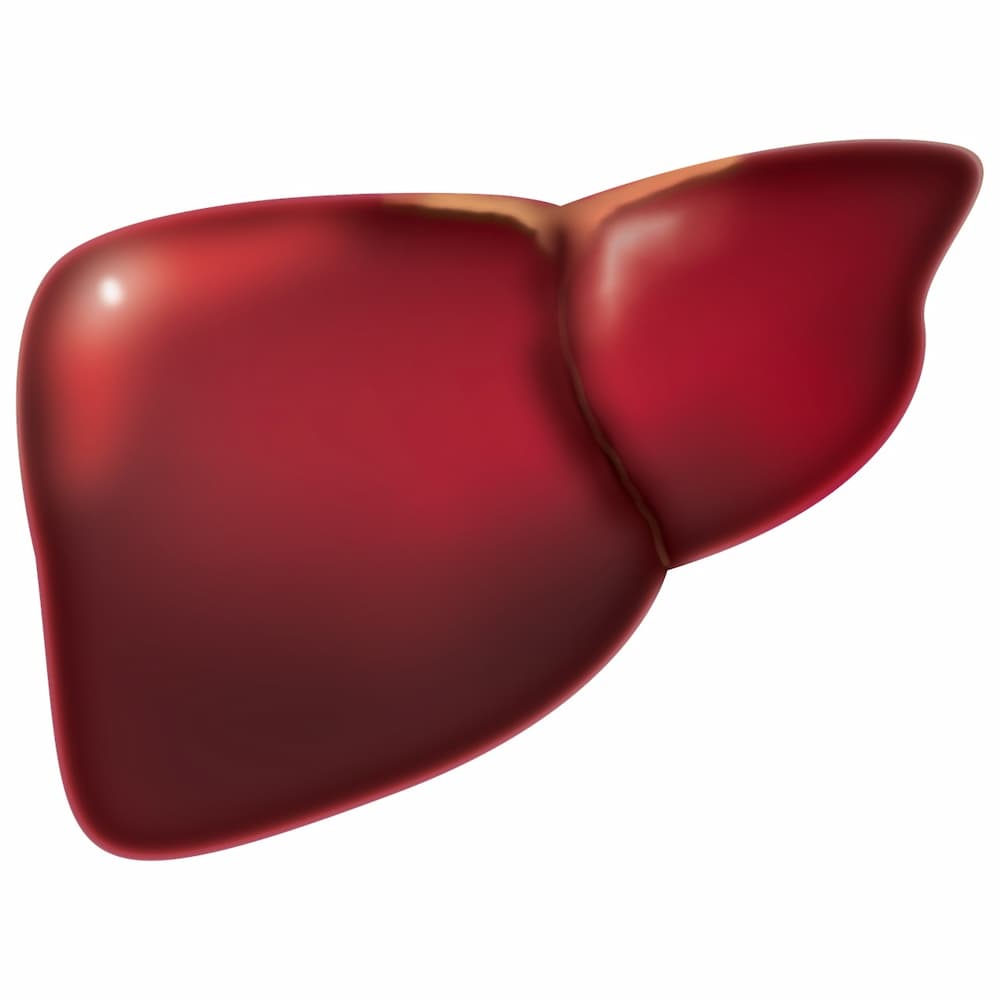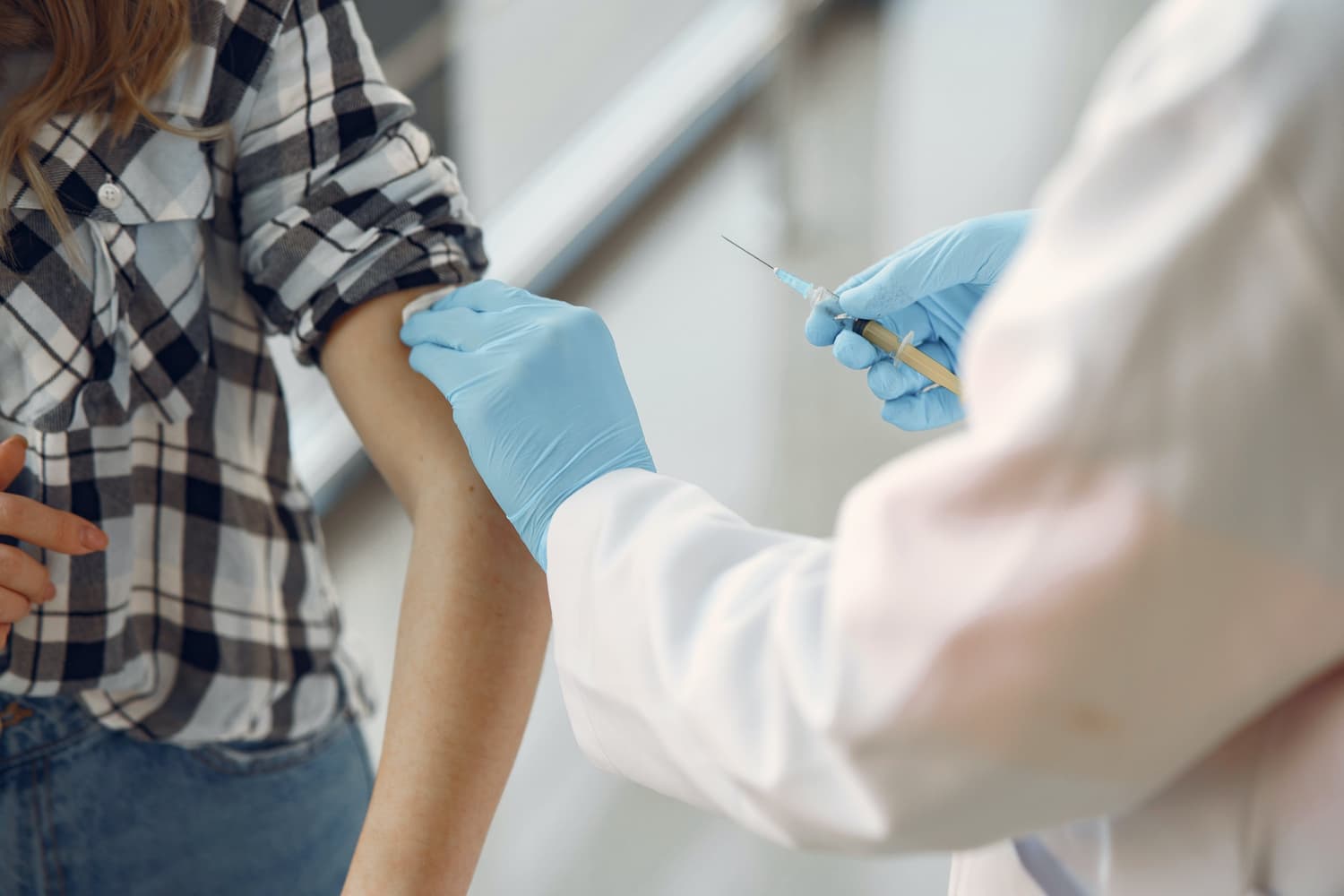
The liver is the largest organ in your body that maintains many functions to keep you healthy. It filters the blood, stores vitamins and minerals and produces bile to help your body absorb fat into the bloodstream and send waste products to the organs of excretion. However, people with hepatitis have a dysfunctional liver. Bearing the theme "Hepatitis Can't Wait", Hepatitis Awareness Week 2021, which runs from 26th July to 1st August, shows you how you can protect yourself from this liver disease and what steps you can take if you're living with hepatitis.
What is Hepatitis?
Hepatitis is an inflammation of the liver that's caused by an infection from a virus. The most common hepatitis viruses are hepatitis A virus, hepatitis B virus and hepatitis C virus. The first type of hepatitis virus is found in the stool and blood of an infected person and can be acquired through sexual contact, sharing needles and syringes for illegal drugs or consuming contaminated water and food.
The hepatitis B virus can spread through an infected blood or body fluids like semen. Infected mothers can likewise pass the virus on to their babies at birth. The hepatitis C virus is acquired by coming into contact with the blood of an infected person. This chronic liver disease is common among intravenous drug users, individuals with tattoos or body piercings and men who like male sexual partners. Sharing of personal belongings, like razors or nail clippers, which may have come into contact with infected blood, no matter how miniscule, can also be a mode of transmission of hepatitis C. This form of hepatitis used to be transmissible through blood transfusions as well, but not since screening of blood supply became a stringent practice.
What are the Symptoms of Hepatitis?
The symptoms of hepatitis vary according to its type and severity. In most cases, a person with hepatitis C will not manifest any symptoms for years and then suddenly end up with autoimmune hepatitis, which often leads to a chronic disease such as fatty liver disease, liver scarring (cirrhosis) or liver cancer among others. The most common signs of liver problems include:
- Joint pain

- Abdominal pain
- Loss of appetite
- Fatigue
- Jaundice
- Nausea
- Itchy skin
- Diarrhoea
- Dark urine
- Fever
Who is at Risk of Hepatitis?
Sexually promiscuous individuals have an increased risk for hepatitis as they can be easily infected by men or women with hepatitis. Hemodialysis patients, people with HIV, men who have sex with men, people who use injection drugs or other recreational drugs and healthcare workers who have come in direct contact with blood or body fluids from an infected person are high-risk groups.
A person with hepatitis A also has an increased risk of developing acute hepatitis, which refers to the inflammation of the hepatic parenchyma, which consists of the functional liver cells that make up 80% of the liver mass.
Is Hepatitis Treatable?
As there are several types of hepatitis, the treatment approach provided to a patient will depend on their symptoms and level of virus infection. Antiviral medications are usually administered for mild symptoms to control the spread of the virus and prevent acute infections. People with severe cases, on the other hand, require medical care in a hospital setting and regular monitoring to avoid liver damage. However, if their situation leads to liver failure, then liver transplant will be their last resort.
There is a vaccine for hepatitis A that is recommended to pregnant women, people who are at risk of chronic hepatitis, children from ages 1 to 2, as well as adolescents who have not previously received vaccination for hepatitis. The hepatitis B vaccine is advised to people who have been exposed to hepatitis B infections and not yet received this type of vaccine in the past. Hepatitis B vaccination can provide high amounts of hepatitis B immunoglobulin to prevent the development of hepatitis B or make the condition less severe.
While there is no vaccine available for the hepatitis C virus, there are many ways to prevent acute liver failure due to hepatitis C infection. Undergoing liver function tests and series of blood tests will determine whether or not an active hepatitis C infection is present in one's system. If the results turn out to be positive, talking to a healthcare provider immediately for the best treatment option should be the next step.

Receiving vaccination for hepatitis not only reduces a person's risk of infection but also prevents mother to child transmission. Make sure to talk to your healthcare professional, though, before getting vaccinated to avoid potential allergic reaction or other adverse events.
Hepatitis Awareness Week 2021 is not just about modern treatments. Apart from learning tried-and-tested conventional treatment for hepatitis, such as antiviral treatment, you will also learn how to ensure total protection against hepatitis the natural way and gain access to a range of hepatitis educational resources. Although it pays to be educated on the different forms of hepatitis, how to recognise noticeable symptoms from the get-go and when to receive medical care, knowing how to reduce risk of transmission after coming into contact with an infectious person outweighs all kinds of modern treatments.
From the standpoint of complementary medicine, avoiding alcoholic beverages is one way to prevent abnormal liver function and reduce the risk for infection. Maintaining a healthy diet, getting ample rest and enough fluids into your body, and most importantly, washing your hands frequently are other ways to not only stop the prevalence of hepatitis but ensure a strong immune system to ward off viral infections. Adults with hepatitis will also benefit massively from consulting a counsellor as it will help them understand how their lifestyle, eating habits and sexual orientation increase their risk for exposure to infected sexual partners.
To find out what natural therapies can protect you from hepatitis, check the Natural Therapy Pages for a qualified natural health professional whom you can contact in your area.
|
Do you have a natural health & wellness business? |








